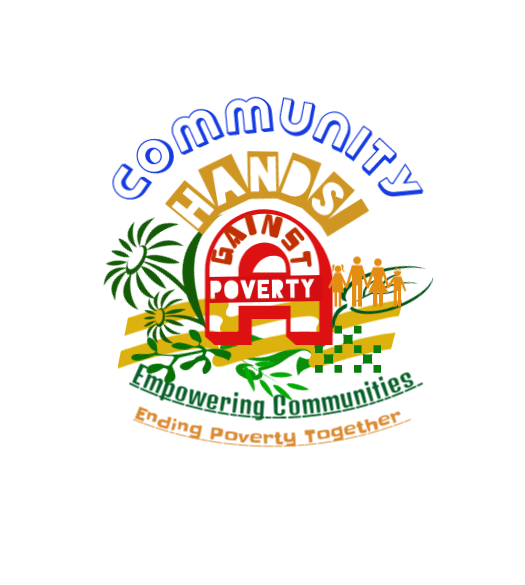Build your Soils-Plant Jack Beans
- chap

- Jan 4, 2023
- 2 min read

Jack Bean is becoming more popular in Igunga, Sabatia Sub county , according to the 2022 Community Hands Against Poverty Household Survey that identifies Vulnerable People in October.
The results of the 2022 household survey done in the Igunga community were presented in a cover crop data-gathering report from the household survey that identified vulnerable people in October.
According to the report, jack beans are spreading throughout the Igunga community and can be grown in a variety of settings. The survey was created to offer details to farmers, agronomists, academics, policymakers, and governmental bodies who would be key players in the future of cover crops (Jack bean) in the area.
After receiving training, Community Hands Against Poverty sent a group of young people in October 2022 to survey farmers about how they used Jack beans on their farms between 2020 and 2022 in order to gather data. In addition to questions defining the sorts of farms and their sizes, respondents were also asked what could be done to assist farmers grow vegetables and cover crops or those interested in sowing Jack Beans.
In order to target CHAP's resources, which include research and information exchange, the director emphasized how important it was to understand households and farmer needs. Out of the five hundred (500) families/households visited for the survey, 43(forty three) early adopters who grew jack beans in 2022 responded. Community Hands Against Poverty (CHAP) invited 50 interested farmers from Igunga to a stakeholders event hosted by CHAP in Chango in order to assist them with growing cover crops on these degraded soils. In addition, they investigate kitchen garden, cover crops, and after the talk, they grew a few Jack bean plots.
On Jack Bean Field Day in 2020, they received a donation of jack beans. 70% of the responses came from the Davanga community, and 30% came from the Igunga villages nearby.
We've found it to be a great soil nutrient addition crop and we will continue to farm it every season in addition to eating the mature seeds with our rice and younger leaves and younger pods as veggies. I've also made some money by selling my jack beans to others who have adopted them for their run-down farm. The survey's findings indicate that there is considerable involvement and a strong willingness to continue or get started by interested farmers. There is still much to learn about this technique, therefore this survey can help both academics and practitioners choose the ideal questions.
Despite the fact that the survey was posted by the chap on Facebook, the survey team assisted in spreading the survey extensively.
"We thank all folks who took the time to call their neighbour, talk on phone, shared the survey published notice on Facebook page to groups, or share a comment. It was interesting to observe the strength of networks in the agricultural community throughout this work.
We are very appreciative to Community Money Advice, a UK nonprofit organisation that provided financing for this survey and research.
Access to the report is available at the Community Hands Against Poverty Office in Walodeya, Chavakali. For more information, call Alfred at +254762171717 or Email communityhands_againstpoverty@yahoo.com
Comments